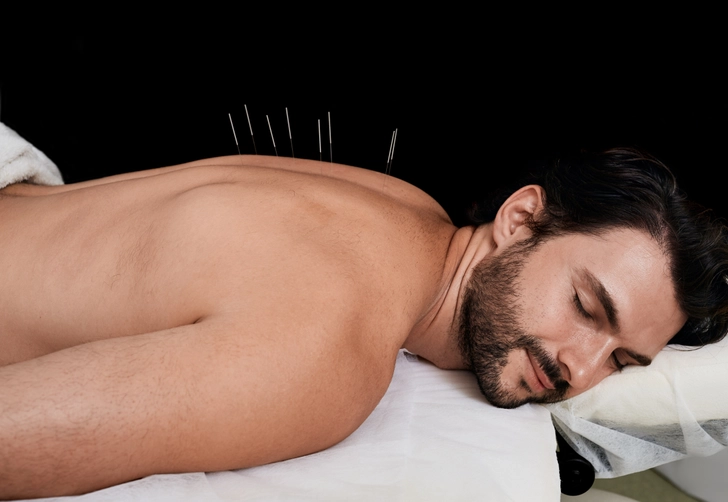- Overview
- Symptoms
- Causes & Risks
- Diagnosis
- Types
- Major Depressive Disorder
- Treatment
- Antidepressants
- Treatment-Resistant Depression (TRD)
- Living With
- Recovery & Relapse
- Complications
- Caregiving & Support
- Appointment Prep
- View Full Guide
Treating Bipolar Depression Naturally


Understanding Bipolar Depression
Bipolar depression is a complex mood disorder characterized by alternating periods of depression and mania or hypomania. While medication is often a crucial part of treatment, some people seek natural approaches to manage their symptoms. If you're already taking medications, then don't stop without talking to your doctor. These alternative approaches can support traditional treatments and may help improve overall well-being.

The Role of Lifestyle Changes
Lifestyle modifications can play a significant role in managing bipolar depression. Having a consistent sleep schedule is crucial, as sleep disturbances can trigger mood episodes. Regular exercise has also been shown to have mood-boosting effects and can help stabilize energy levels. A balanced diet rich in nutrients can support brain health. While these changes aren't a cure, they can help better manage mood and overall health.

The Power of Mindfulness and Meditation
Mindfulness and meditation practices can be valuable tools to manage bipolar depression. Regular practice can reduce stress, improve focus, and help you spot early signs of mood shifts. Start with short, guided meditations and gradually increase the duration. There are a variety of smartphone apps that provide structured programs to help you develop a consistent practice.

The Role of Sleep Hygiene
Good sleep hygiene is essential in managing bipolar depression. Make sure you have a consistent sleep schedule, even on weekends. Create a relaxing bedtime routine and ensure your sleeping environment is dark, quiet, and comfortable. Avoid screens for at least an hour before bed, as blue light can affect your sleep cycle.

The Importance of Social Connections
Maintaining strong social connections is vital when managing bipolar depression. Regular interactions with supportive friends and family can provide emotional stability and help you stay grounded. Consider joining a support group for people with bipolar disorder. Sharing experiences with others who understand can be reassuring and helpful for managing your condition. Remember, isolation often worsens depressive symptoms.

Exploring Alternative Therapies
Some find relief from bipolar depression symptoms through complementary therapies. Acupuncture, for instance, may help reduce stress and improve overall well-being. Yoga combines physical activity with mindfulness. Herbal supplements, such as St. John's Wort, are sometimes used, but they can sometimes interact with medications and potentially trigger manic episodes. Talk to your doctor before trying any new therapy or supplement.
PHOTO CREDITS:
01 - My Ocean Production / Shutterstock
02 - Yuri A / Shutterstock
03 - Volodymyr TVERDOKHLIB / Shutterstock
04 - Ground Picture / Shutterstock
05 - Yuri A / Shutterstock
06 - Peakstock / Shutterstock
SOURCES:
Caitlin Pyle.
Tiffany Jean Taylor.
Maria Ingalla, owner, Paperflower Psychiatry.
John Leslie Beyer, MD, psychiatry and behavioral sciences professor, Duke University.